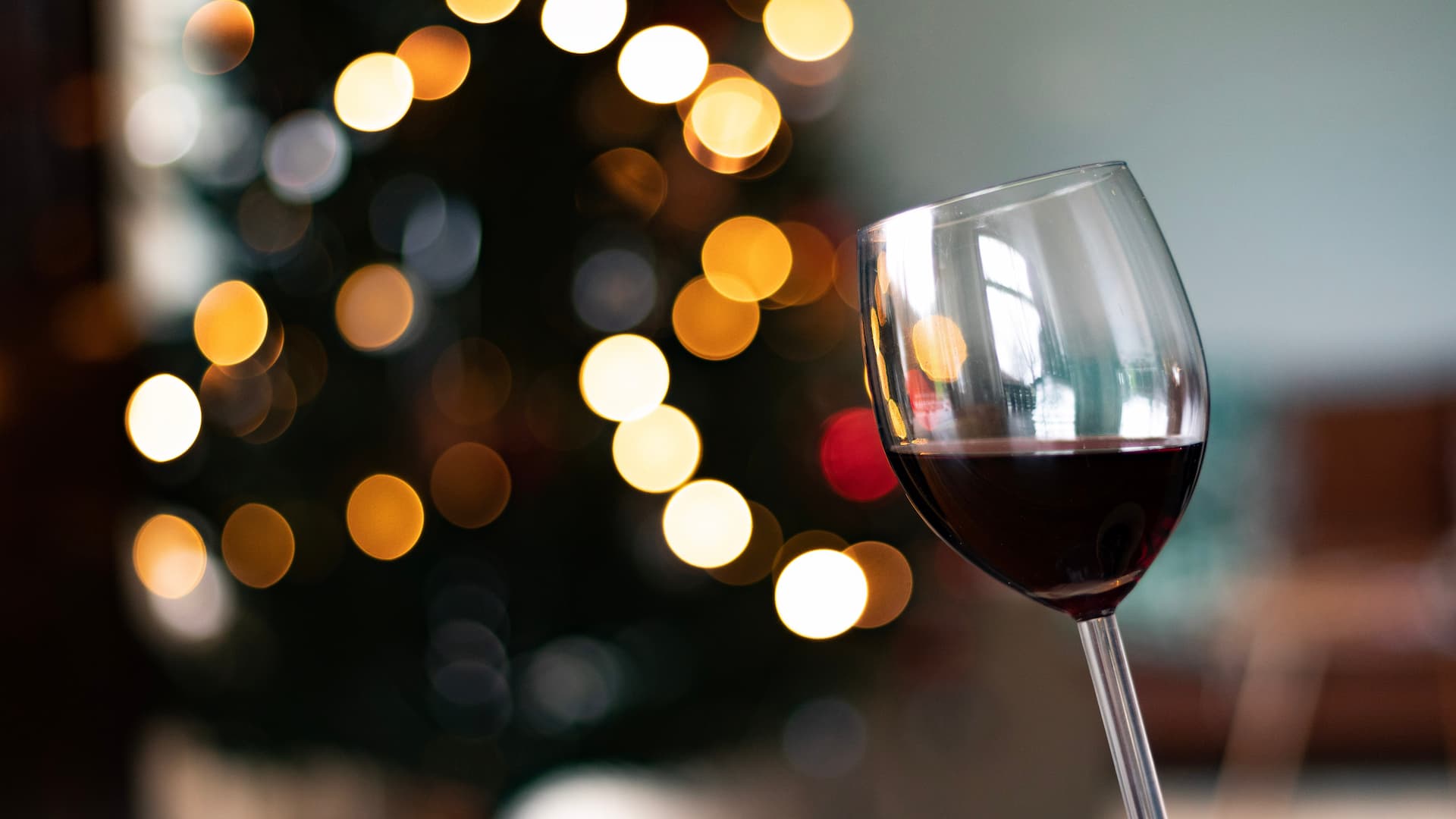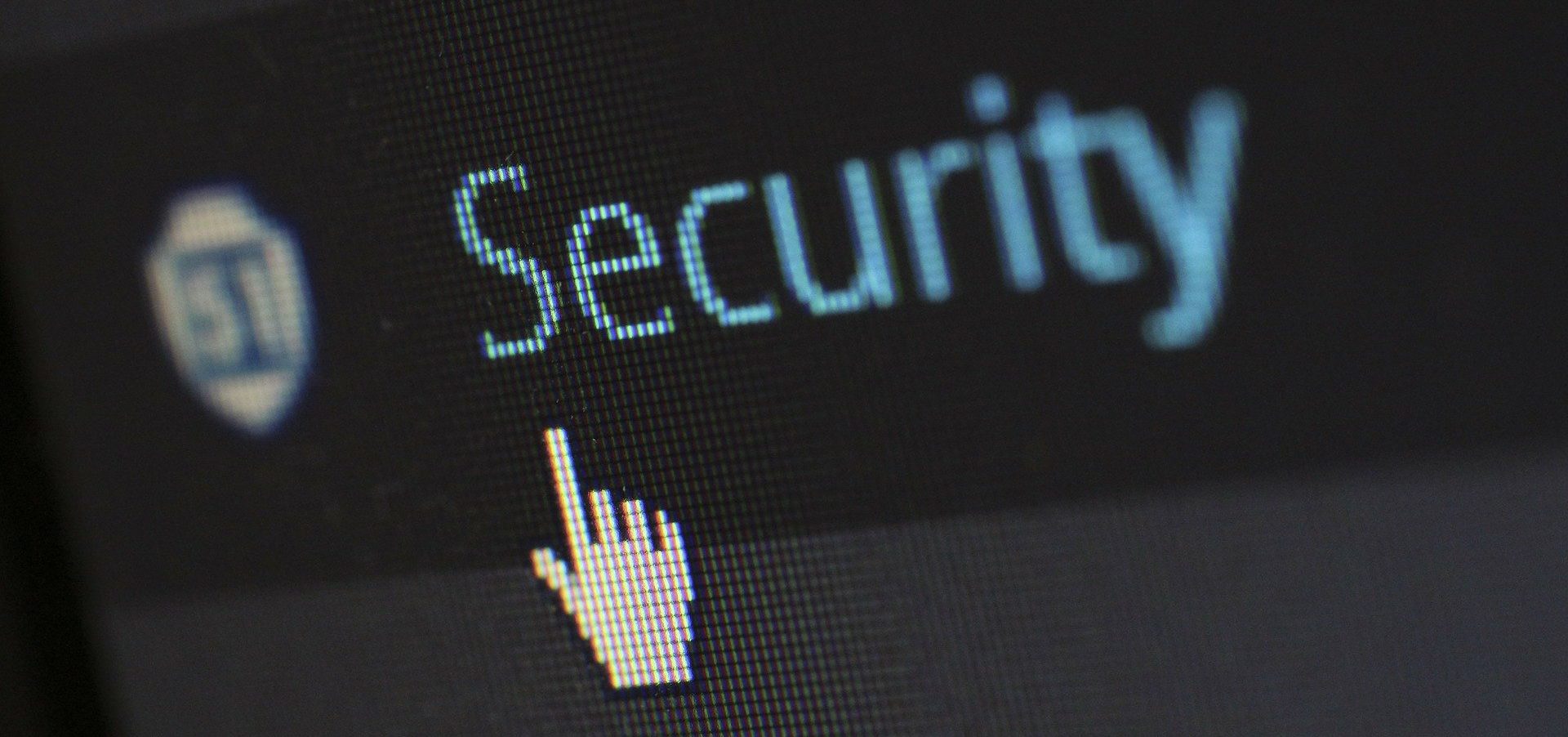
Forgeries and counterfeits are rife in this day and age, and, as markets soar and grow, so the selection of counterfeit goods also grows. The wine industry is certainly one that has grown and developed over the years, and wine investing is now one of the most common forms of investing that people like to put their money into. But even the wine industry is not safe from forgeries and this is something that you need to consider. It is believed by experts that around 20% of all wine sold worldwide is fake, as reported by Business Insider.
The problem is that wine forgery is not only damaging to the industry, it is also unsafe, and poses quite a few health risks and concerns. Understanding how to spot fake wine is important, and knowing about the world of counterfeit wines can be vital for helping you avoid this in the future. Here are some of the things to consider when discussing counterfeit wines.
Wine Scams are More Prevalent Than We Think
The reality is that wine scams are actually more prevalent than people realize, with many fake wines in circulation. And the sobering fact is that it’s not just expensive wines that fall foul of this; even the cheaper more readily accessible supermarket wines can be forgeries sometimes. Famous wine fraudster Rudy Kurniawan made millions repackaging cheap wines and selling them as luxury items – the story was chronicled in Netflix documentary Sour Grapes.
How to Identify “Real” Wine
The real challenge for consumers is being able to identify real wines over fake wines, and there are a number of factors to consider when trying to achieve this. Experts believe that using common sense is still the best way to avoid wine scams. Study the labeling and product descriptions carefully, and look for anything that rings an alarm bell. But there are other things consumers can do as well to ensure they aren’t being scammed. Make sure you only buy from a reputable source with no history of selling counterfeits, check for anti-fraud labels, and, if you’re spending a lot of money, make sure you’re only buying wines that have been properly authenticated.
What Can Be Done?
Of course, one of the biggest concerns when it comes to wine forgery is the health and safety issues. We all want to look after our bodies better, but to do this we have to know what we’re putting into them, and this means taking action against wine fraud. Authena details some of the best technologies that can be used to protect against this, such as things like blockchain and NFC technologies.
The success of consumer and investment markets means that certain sectors are always open to forgery and counterfeit issues, and wine is no exception. Wine forgery is becoming increasingly more unsafe, so it is important for people to take steps to protect themselves, and this means knowing about wine and how to identify genuine wines as opposed to fake ones.



